Art for Change
Our Environmental Ethos
At What if Paris, our deep connection to the environment lies at the heart of our identity. As creators of art prints, we recognize that our primary material – paper – is a precious gift from nature. This understanding shapes both our approach to business and our commitment to planetary responsibility.
Understanding our Material Footprint
Our art, crafted from high-quality paper, is made possible by the Earth's forests. Acknowledging this, we are dedicated to sourcing materials responsibly and making a positive contribution to the environment.
- Sustainable Sourcing: We prioritize sustainably managed forests for sourcing our paper, ensuring a reduced environmental impact.
- Replenishing what we use: Aware of the footprint of natural resource consumption, we've initiated a program that goes beyond merely compensating for this impact, actively enhancing global ecological health.
Our Reforestation Commitment with Eden Reforestation Projects
In a vital partnership with Eden Reforestation Projects, we turn each sale of art into an opportunity for environmental restoration:
-
We Plant Mangrove Trees: Each artwork sold funds the planting of mangroves, key in biodiversity support and carbon sequestration. This not only replenishes the resources we use but also fortifies vital ecosystems.
-
Closing the Loop: This initiative represents a humble effort to connect our art creation with ecological preservation, contributing towards a more sustainable future for our planet.
Aligning Products with Purpose
This commitment is more than corporate responsibility; it's embedded in our essence:
-
Reducing Carbon Footprint: Planting trees actively reduces atmospheric carbon dioxide, countering emissions from our production.
-
Preserving Ecosystems for Future Generations: Our sustainable use of paper and wood aims to protect natural habitats, ensuring their preservation for future generations.
-
Engaging Customers in Sustainable Practices: Your purchase is not just an aesthetic addition to your space but a step towards a sustainable production and restoration cycle.
Each piece of art you purchase embodies environmental stewardship, sustaining the very resources that enable us to capture the world's beauty.
Our Partnership with Eden
Eden Reforestation Projects is recognized for their work in remote locations, using nature-based solutions to combat climate change. Their dedication to both environmental restoration and community development is notable.
Eden Reforestation Projects operates in eight countries, managing over 241,150 hectares of land. This large-scale impact demonstrates their ability to handle significant reforestation efforts.
Their projects not only focus on environmental restoration but also on improving the well-being and living conditions of local communities. This holistic approach is instrumental in creating sustainable change.
They employ a bottom-up approach, building relationships with local communities and leaders to identify and implement planting opportunities. This ensures effective, community-driven reforestation.
Eden Reforestation Projects provides economic incentives and simple planting techniques, making it feasible for communities in resource-limited areas to participate in and benefit from reforestation efforts.
The success of their projects is closely linked with the involvement and development of local communities. By centering these communities in their work, they ensure a lasting commitment to reforestation and forest protection.
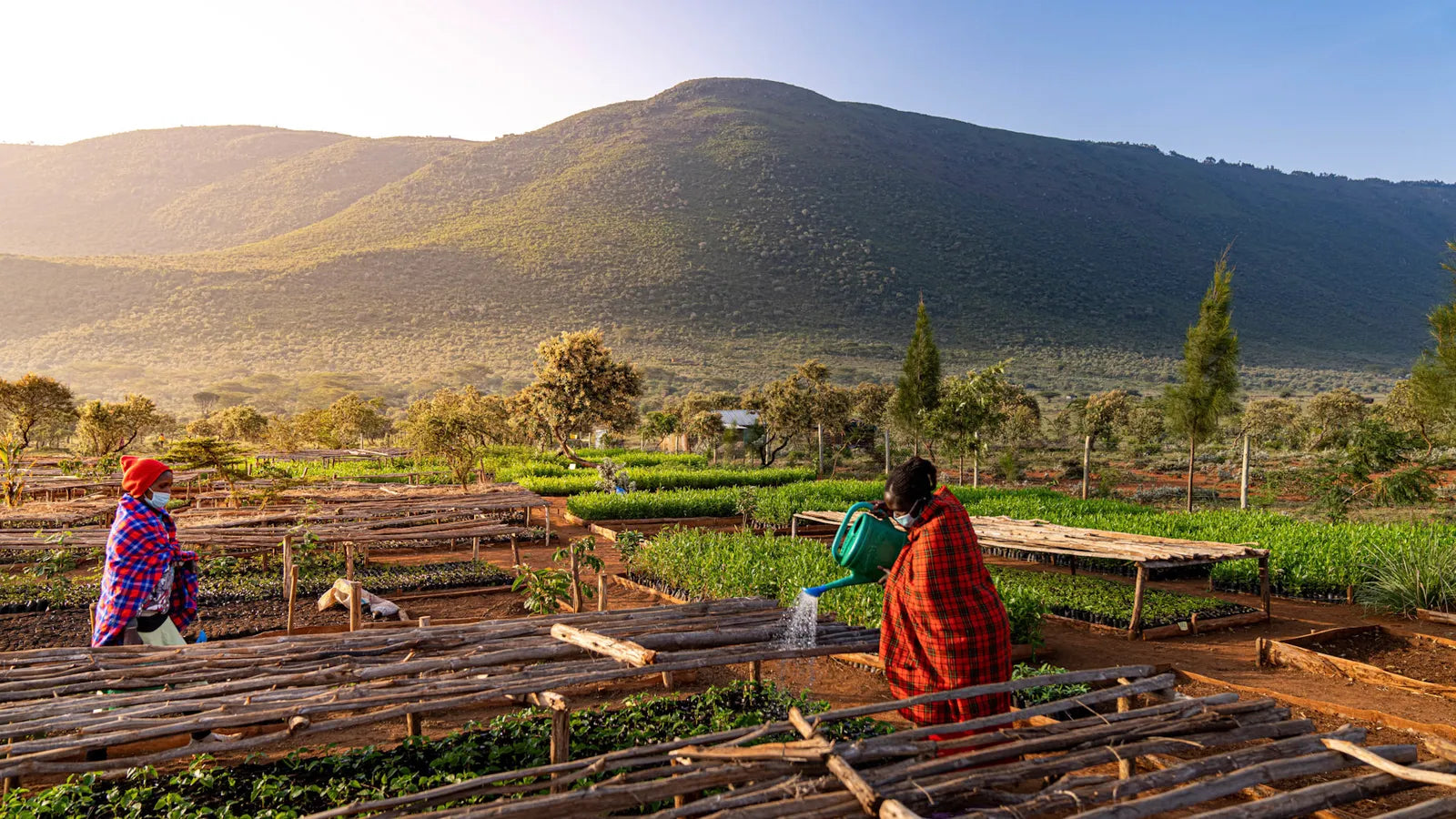
Kenya
Facing a forest cover of only 8%, they tackle issues like logging, charcoal production, and illegal settlements to increase this significantly below the global average.
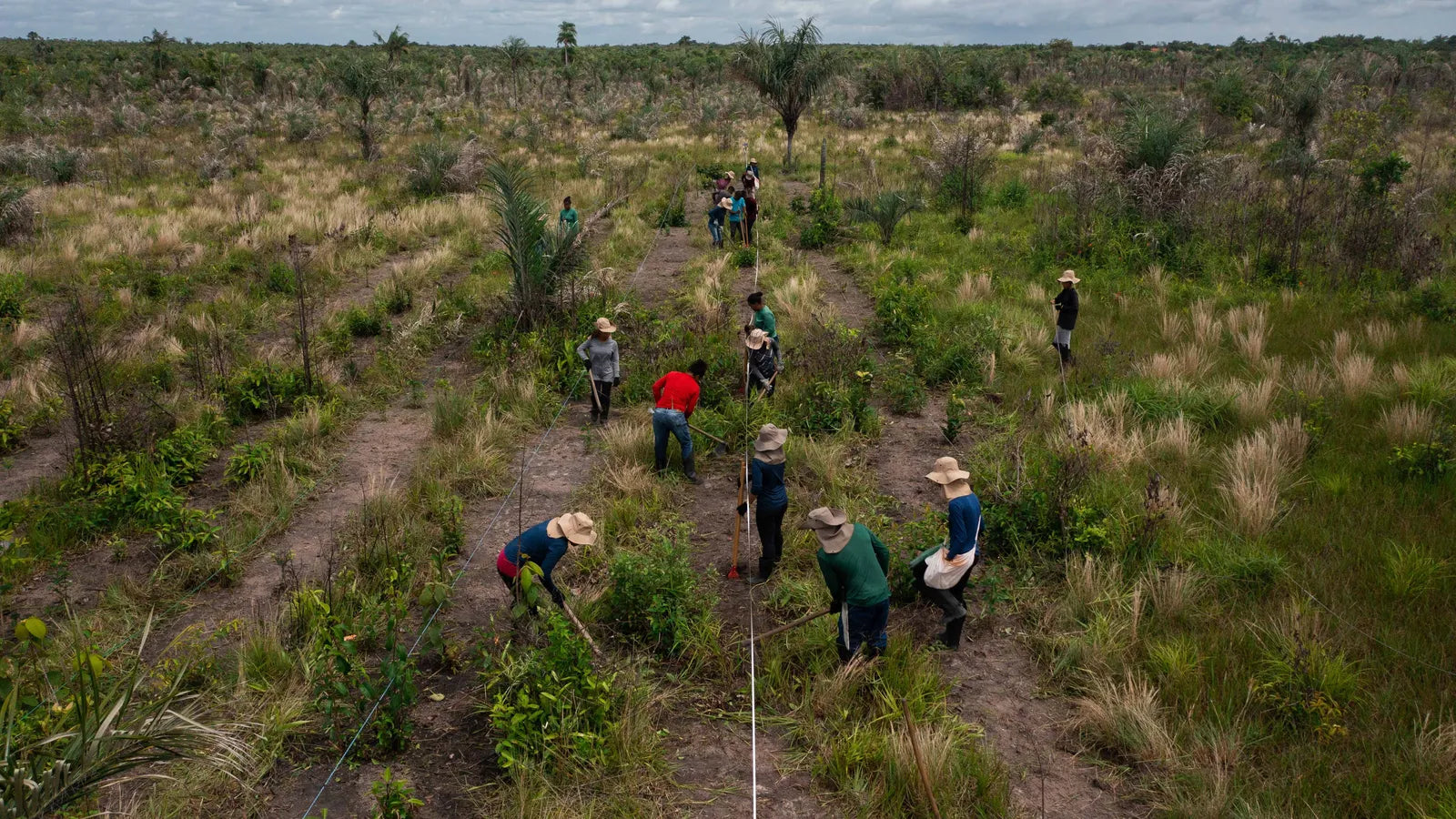
Brazil
In Brazil, their reforestation efforts span thousands of hectares in Goiás, Maranhão, and Piauí, aiming to protect diverse ecosystems including the Amazon and mangrove estuaries.
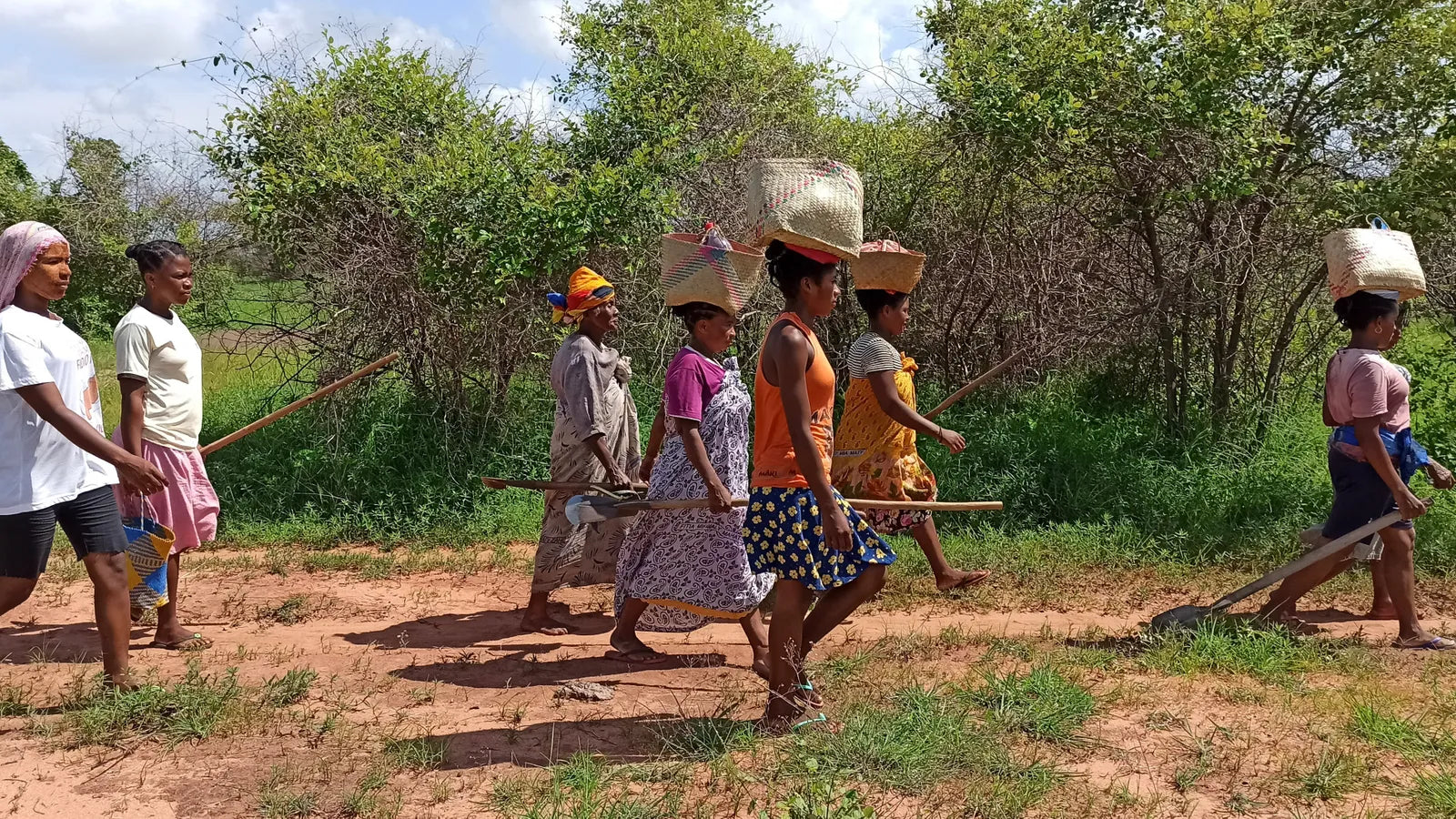
Madagascar
They address the severe deforestation in Madagascar, where more than 90% of the primary forests have been lost, impacting underserved communities.
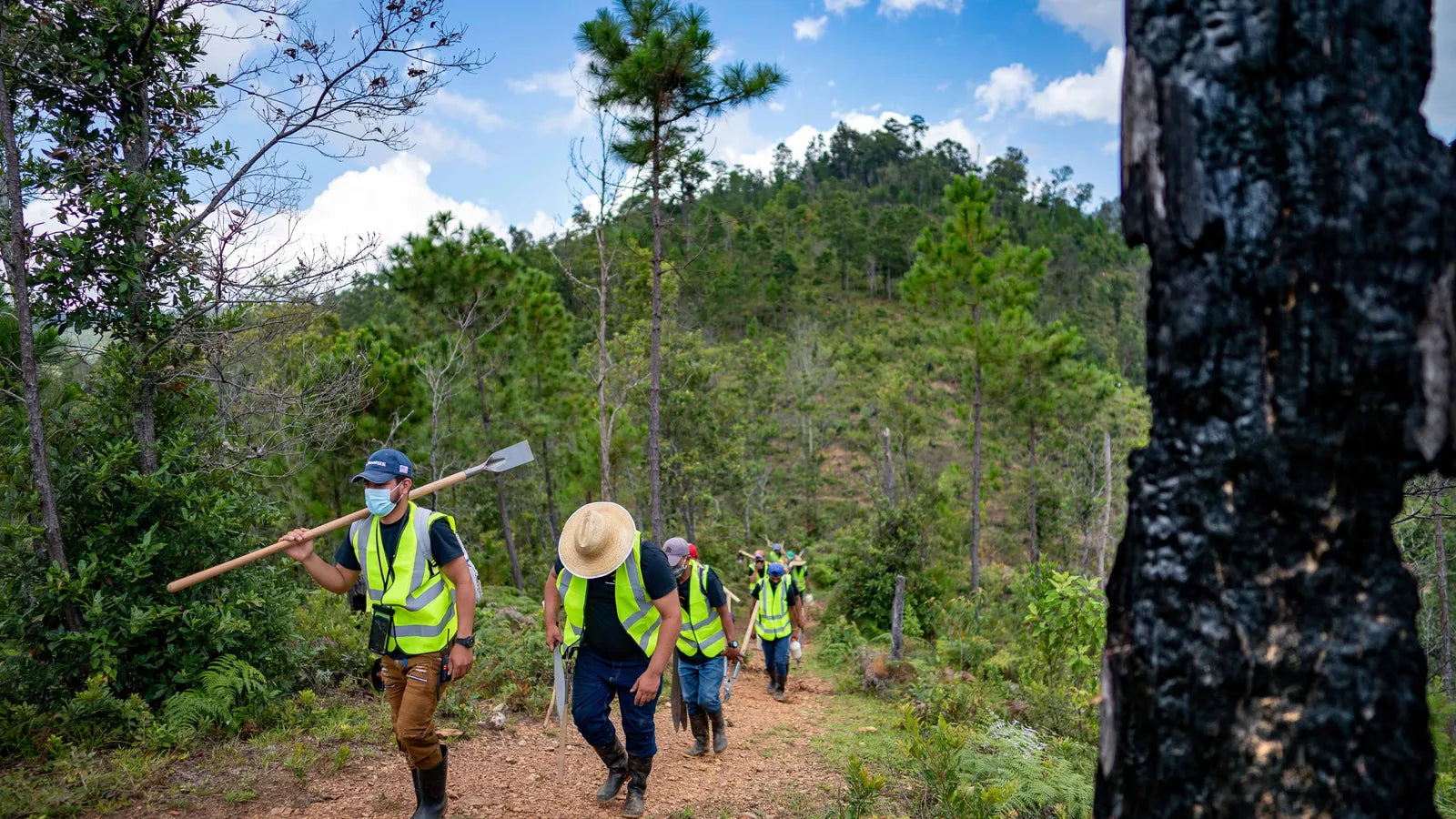
Honduras
Their project in Honduras involves restoring over 11,000 hectares of land devastated by pine beetles and fires, focusing on both biodiversity and community benefits.
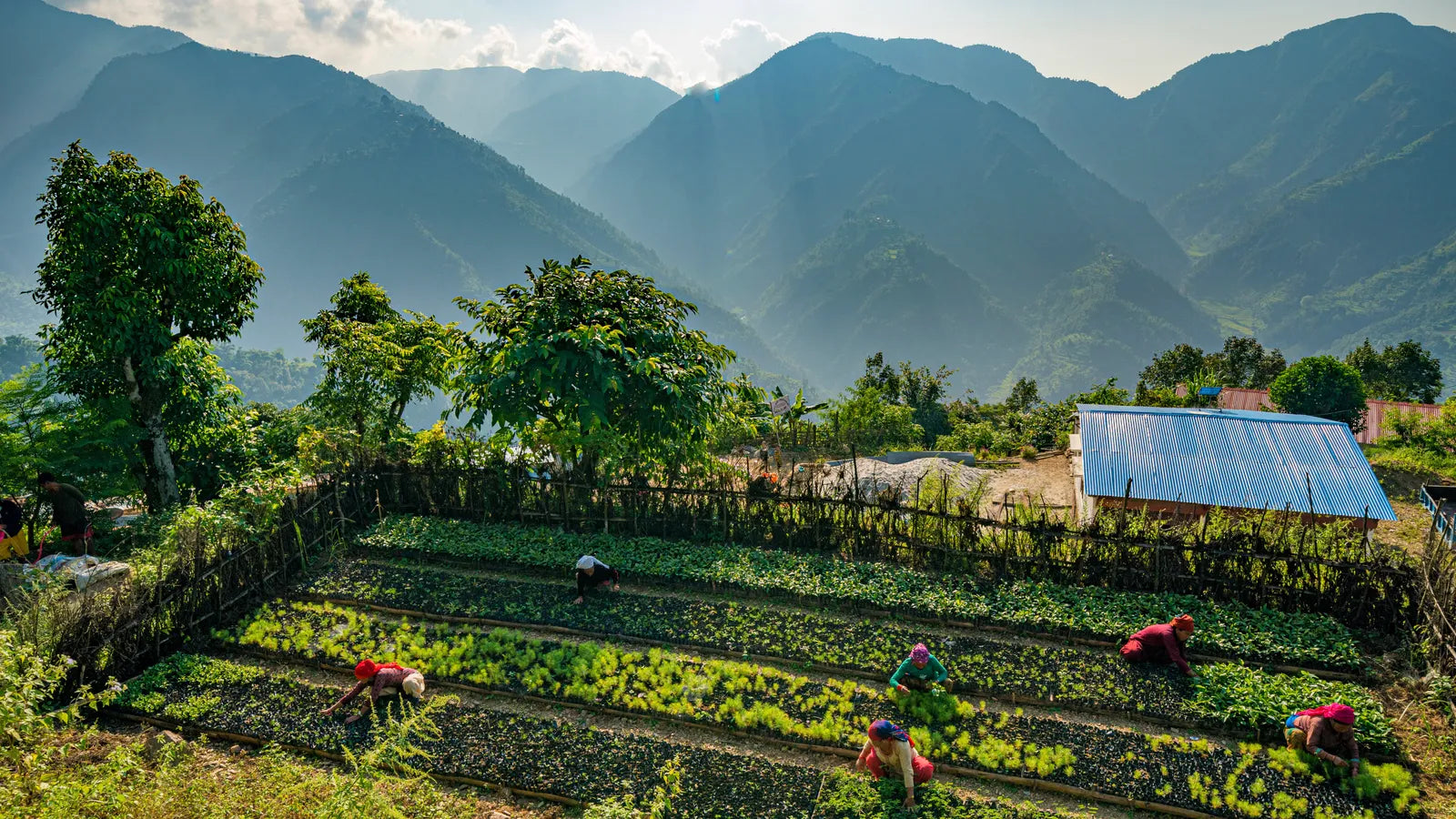
Nepal
In Nepal, where only less than 30% of the forests remain, they work to counteract the severe environmental and societal impacts.
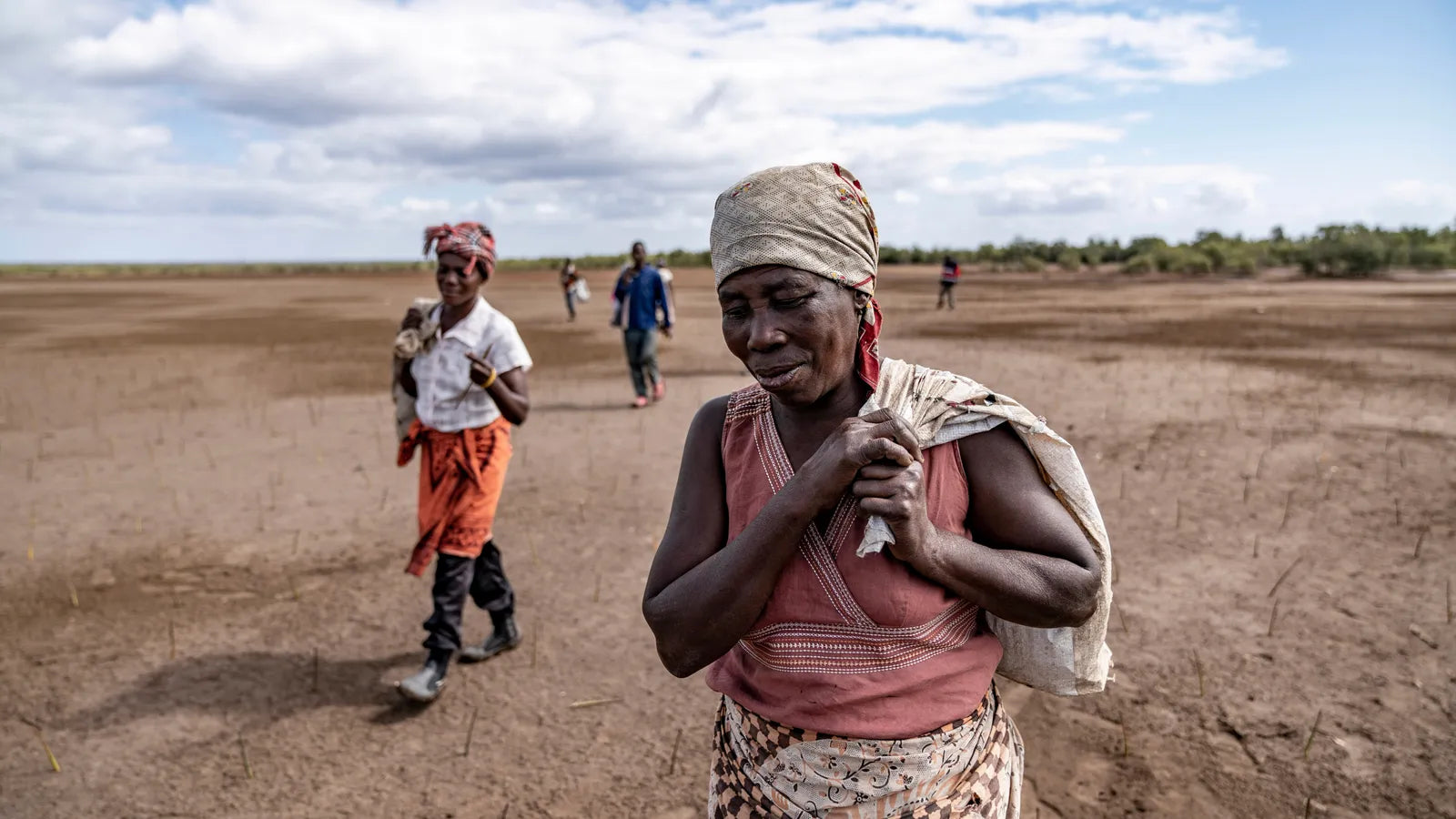
Mozambique
With over 45% of the population living in poverty, their focus is on helping communities reliant on forests and natural resources.
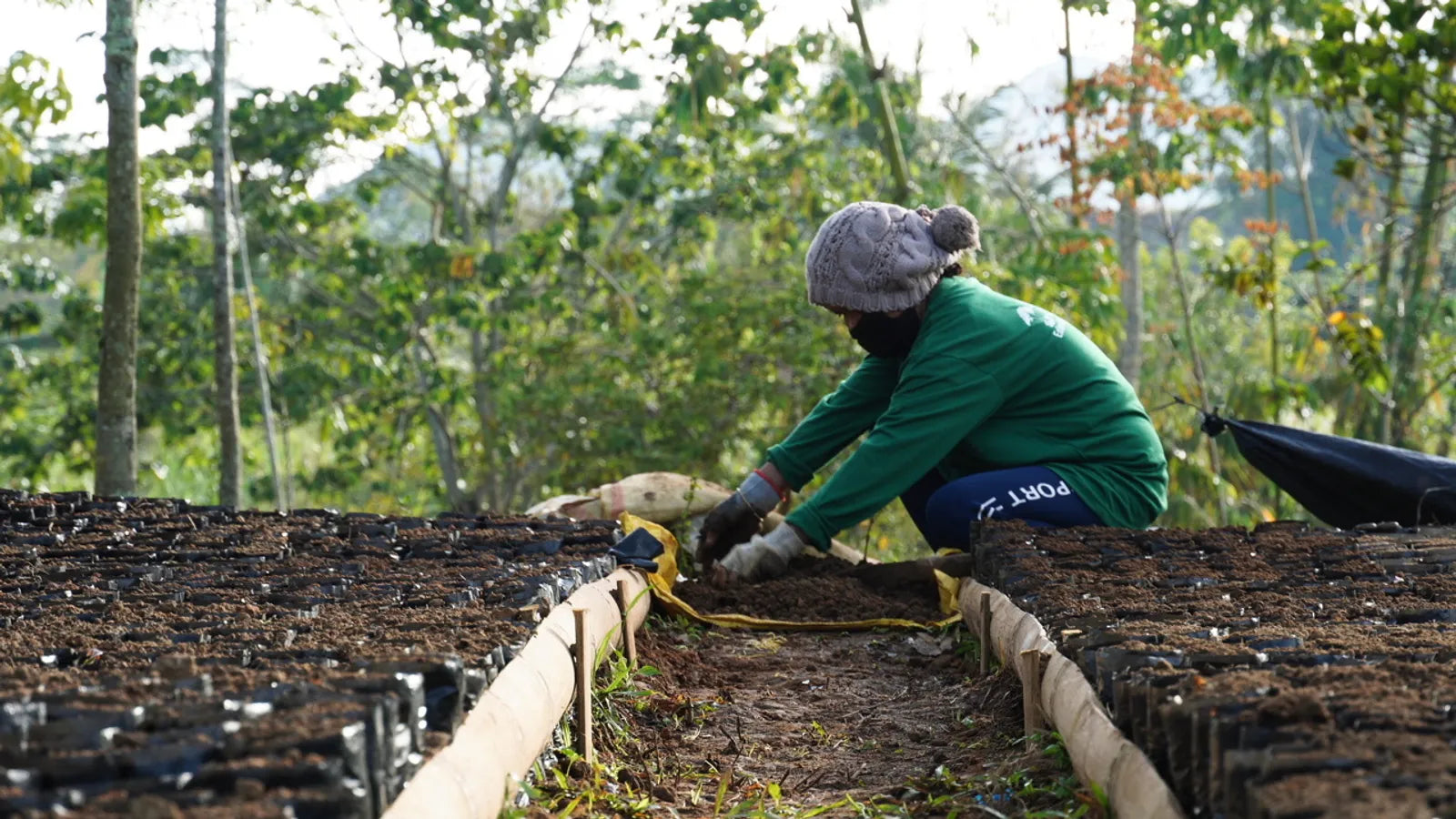
The Philippines
They are addressing the deforestation crisis in the Philippines, where nearly 90% of the original forests have been lost since the 1960s.
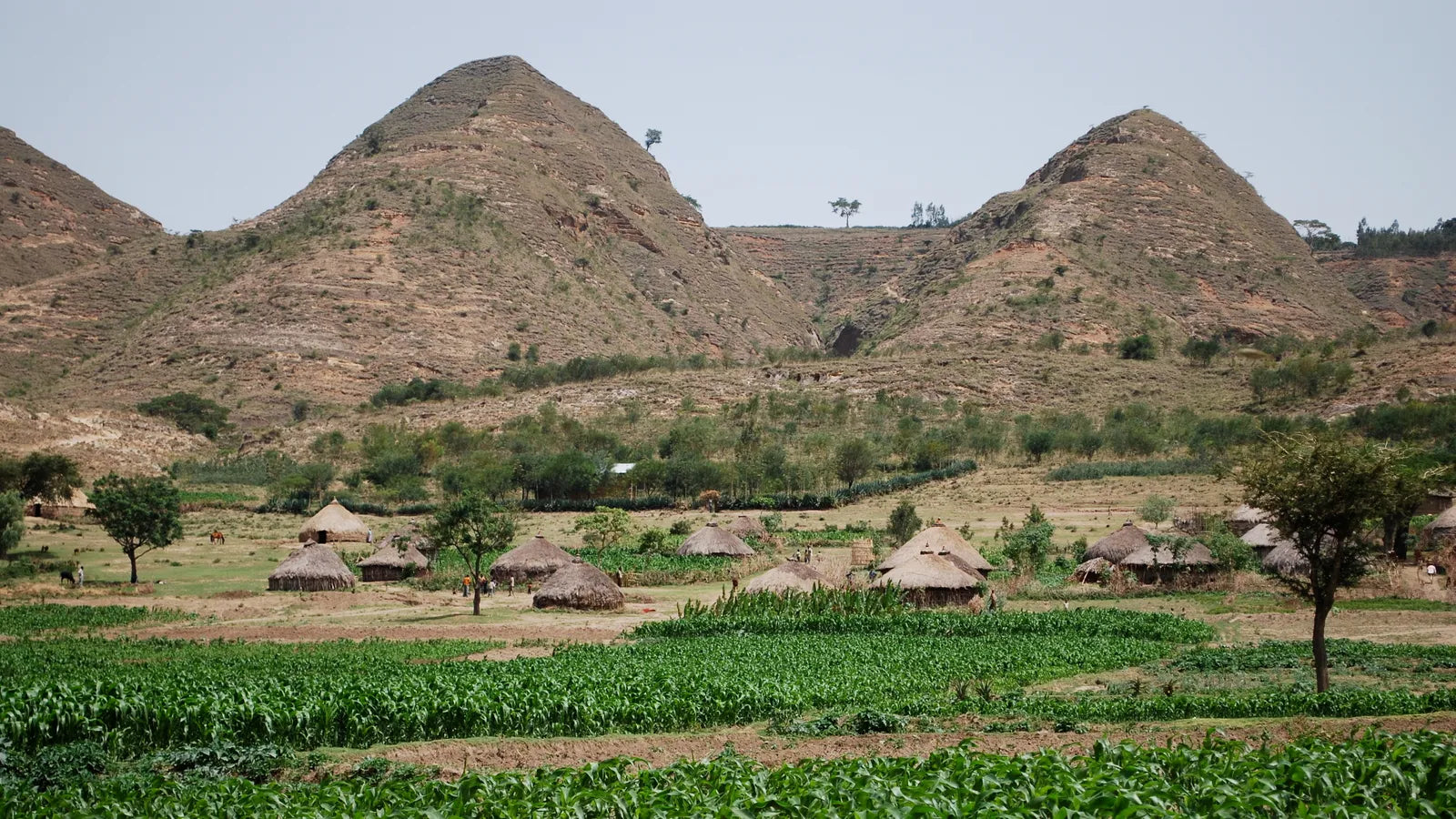
Ethiopia
Their efforts in Ethiopia include planting trees across 10,000 hectares to rehabilitate landscapes, enhance water resources, and provide community employment.
